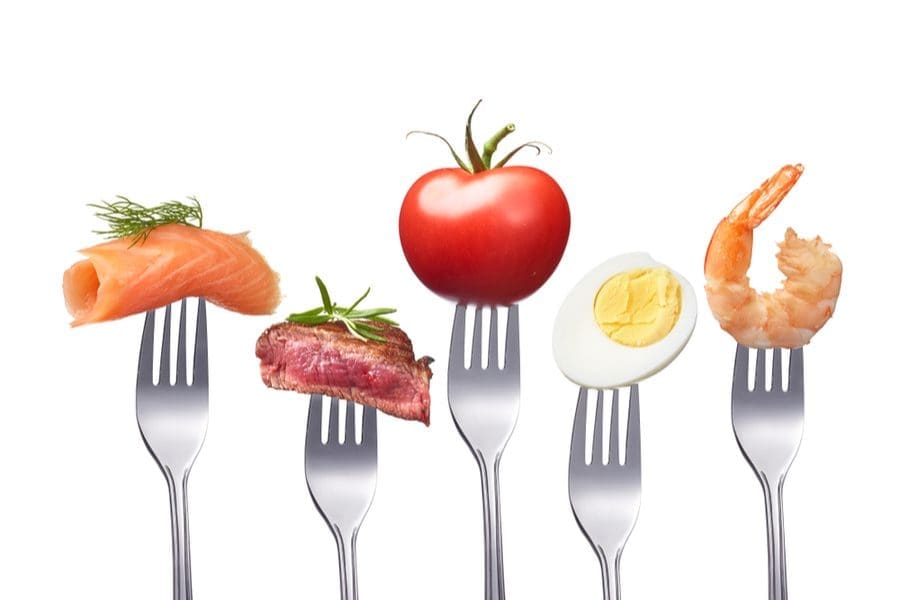Food combining is just as it seems: the idea that some foods combine better in your stomach than others. This practice dates back to an ancient Indian healing practice known as Ayurvedic medicine. It defines every food by its energy and digestive effects, and then combines foods in order to achieve optimal digestion.
Foods like starches, protein, vegetables, and fruits are all digested by different enzymes in our bodies, and food combining aims to promote healthy digestion by separating foods that don’t digest in our bodies at the same rate. Some take longer than others to digest and food combining promotes digestion by separating the foods that don’t digest in the same time frame.
Rules for Food Combining:
- Eat fruit first thing in the morning and then not again that day. They are best eaten on an empty stomach and are high in sugar, so it’s best to limit your intake. Sugars take much longer to digest so it’s best to eat them early in the day!
- Do not combine fruits and vegetables! They should be eaten separately.
- Starches can be eaten with other starches as well as vegetables.
- Proteins can be eaten with vegetables, but not with starches. Don’t eat eggs, meat, or poultry with foods like rice, bread, and pasta. You should avoid eating two different proteins during the same meal because it can hinder digestion.
- Legumes can be eaten with proteins, vegetables, or starches.
- Eat nuts with other nuts or with vegetables.
- Vegetables can be eaten with anything! Make sure to add plenty of leafy greens to your daily meals.
- When food combining, you must avoid all added sugars and processed foods.
- As far as alcohol is concerned, wine is considered a protein, and beer is considered a starch, so combine accordingly.
- If you consume dairy, it should be on an empty stomach.
- Wait three hours between meals and switching food groups.
- Drink a ton of water! Staying hydrated is important.
Does it work?
If you follow a food combining diet, you will experience better digestion and healthy weight loss.
The digestive tract is extremely complicated. While there is little science that confirms that food combining is the only answer to healthy digestion, that doesn’t mean that food combining won’t work for you. The downside to food combining is that it can be difficult to sustain for long periods of time. Meal planning for food combining can be overwhelming because of the strict rules you must follow.
If done in a non-restrictive way, this way of eating can build a strong, mindful relationship with food. If your main concern is keeping your gut and digestive tract happy, a veggie-filled meal will do the trick! Think of food combining as a way to get yourself back on track when you feel like you haven’t been treating your body so well, or have had digestive issues as a result of a poor diet.






